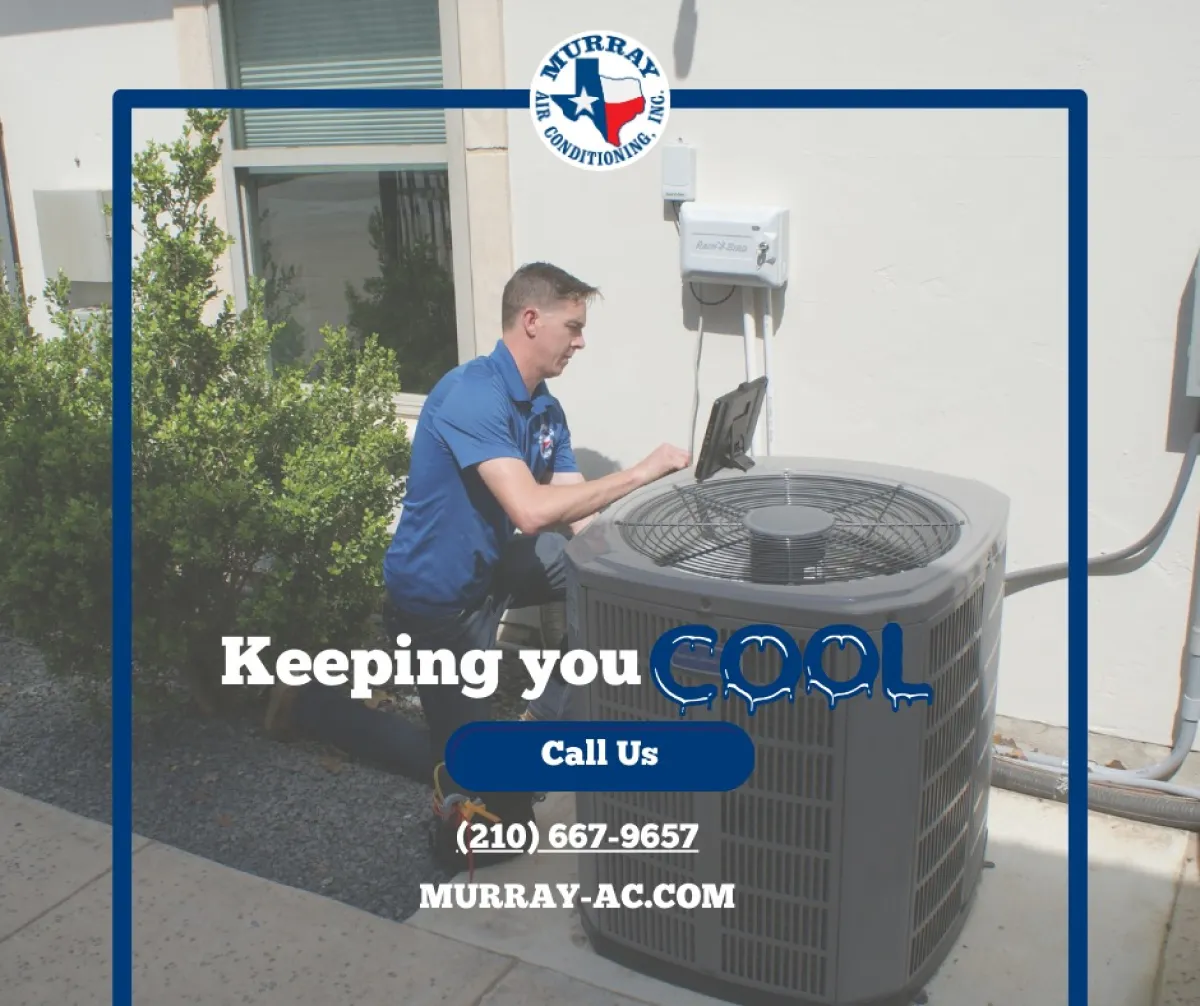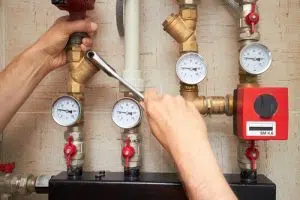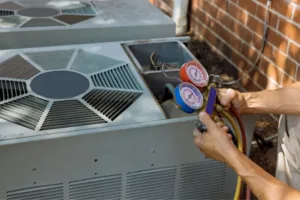Texas summers have to have reliable AC repair tips to go with the heat and humidity. Your home can get pretty unbearable if your AC system breaks down or runs poorly during the seasons you need it most.
Common AC Problems in Texas Summer
Texas heat puts a huge strain on AC systems and can cause a bunch of common problems. You should know these issues to spot and fix them before they end up costing you a lot of money in repairs.
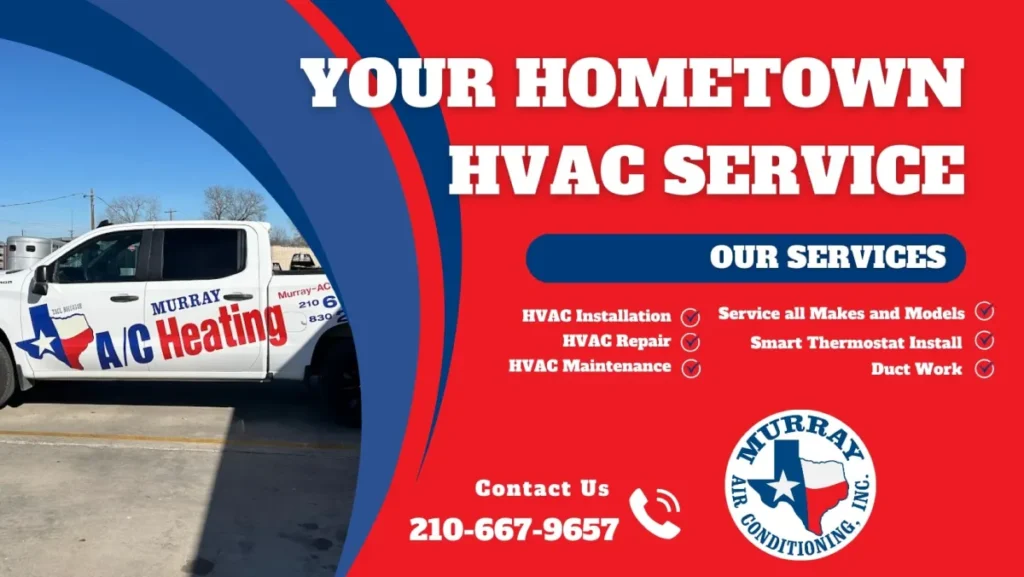
Refrigerant leaks
Refrigerant leaks are one of the most common AC problems in Texas homes. You might notice a smell like nail polish remover that points to a refrigerant leak. On top of that, oil spots around HVAC parts or joints could mean you’re losing coolant. Your AC might have a refrigerant leak if you notice these things.
Frozen evaporator coils
Several things can make evaporator coils freeze up in Texas’s climate. Low refrigerant or poor airflow usually causes this problem. A dirty HVAC filter blocks the needed airflow and leads to frozen coils. When your evaporator coils freeze, you should turn off the system right away and switch to fan-only mode to melt the ice. Don’t try to chip away ice with tools because you could damage the coils and end up with refrigerant leaks.
Electrical issues
The Texas heat affects your AC’s electrical parts too. The system cycling on and off and corroded wires can make electrical controls fail. The high temperatures also strain electrical connections that might blow fuses or trip circuit breakers. Look out for these electrical problem warning signs.
The system shuts down out of nowhere
You smell something weird coming from the unit
The system makes strange noises
Most home AC systems can only change temperatures between 15 and 25 degrees, depending on how powerful they are. This means when it hits 100 degrees outside, your AC might only cool your home to somewhere between 75 and 85 degrees. You’ll really notice this limit during the Texas summer.
Good maintenance helps prevent these problems. Change your filters every 30-90 days to keep the airflow strong. Getting professional inspections before summer helps catch problems early, so your system runs great all season long.Fixes for Minor AC Issues
Simple maintenance tasks can fix minor AC problems without the help of a professional. You can keep your system running by doing this and being mindful of safety guidelines.
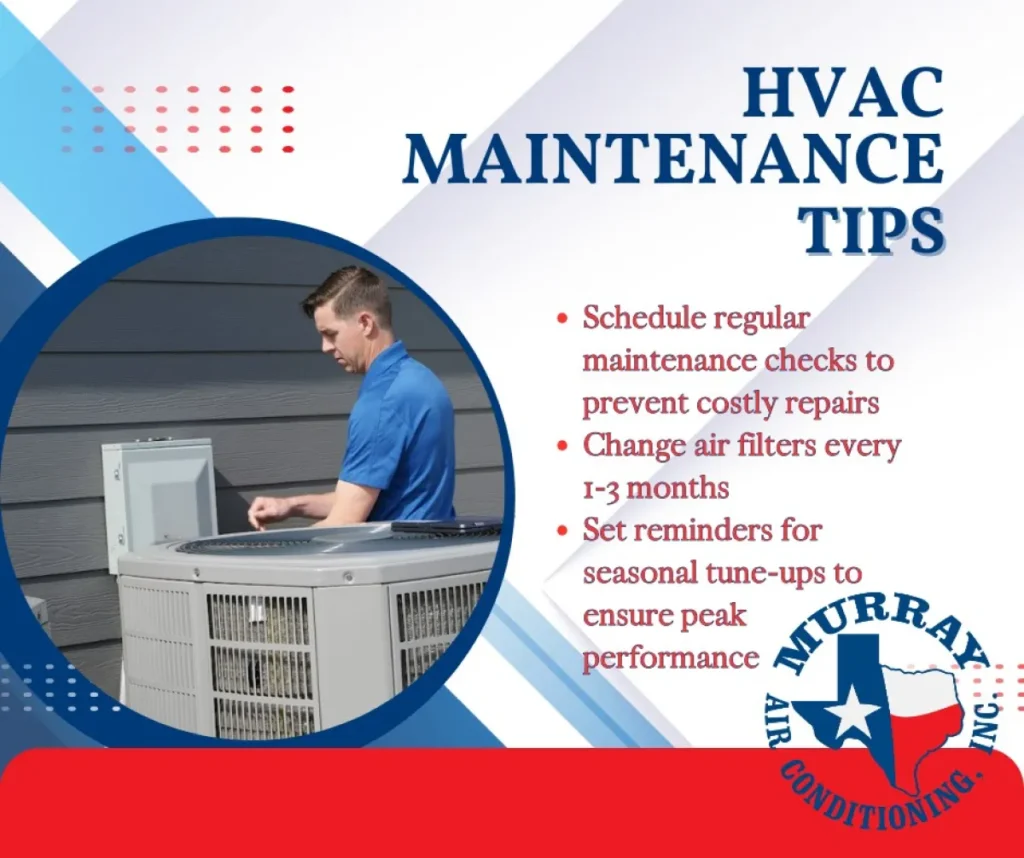
Thermostat troubleshooting
Your first step should be checking the thermostat’s power supply. A blank display usually means dead batteries or a tripped circuit breaker. Power confirmation should be followed by a settings check. The fan should be set to “auto” instead of “on” to stop the blower from running all the time. Temperature readings might be off due to the thermostat’s placement. Sunlight or nearby heat sources can throw off the readings. A soft-bristled brush works well to clean internal sensors and remove dust that affects temperature detection.
Air filter replacement
Your AC system needs clean filters to work well. Dirty filters stop airflow and wear down all of your parts faster. New filters should go in every 1-3 months depending on your home situation and environment. These factors affect how often you need to change filters.
Cleaning outdoor unit
A well-maintained outdoor condenser keeps your cooling efficient. Start by turning off power at both the exterior disconnect box and indoor breaker panel. Clear the area around the unit and leave 2-3 feet of space for air to flow. The condenser fins need cleaning this way.
1. Take off the fan cage with care
2. Use a vacuum to clean inside
3. Spray through fins from inside out
4. Don’t use pressure washers
2. Use a vacuum to clean inside
3. Spray through fins from inside out
4. Don’t use pressure washers
When to Call an HVAC Professional
Your AC needs professional help even with regular maintenance sometimes. You should know these warning signs to protect your comfort and cooling system during the intense Texas heat.
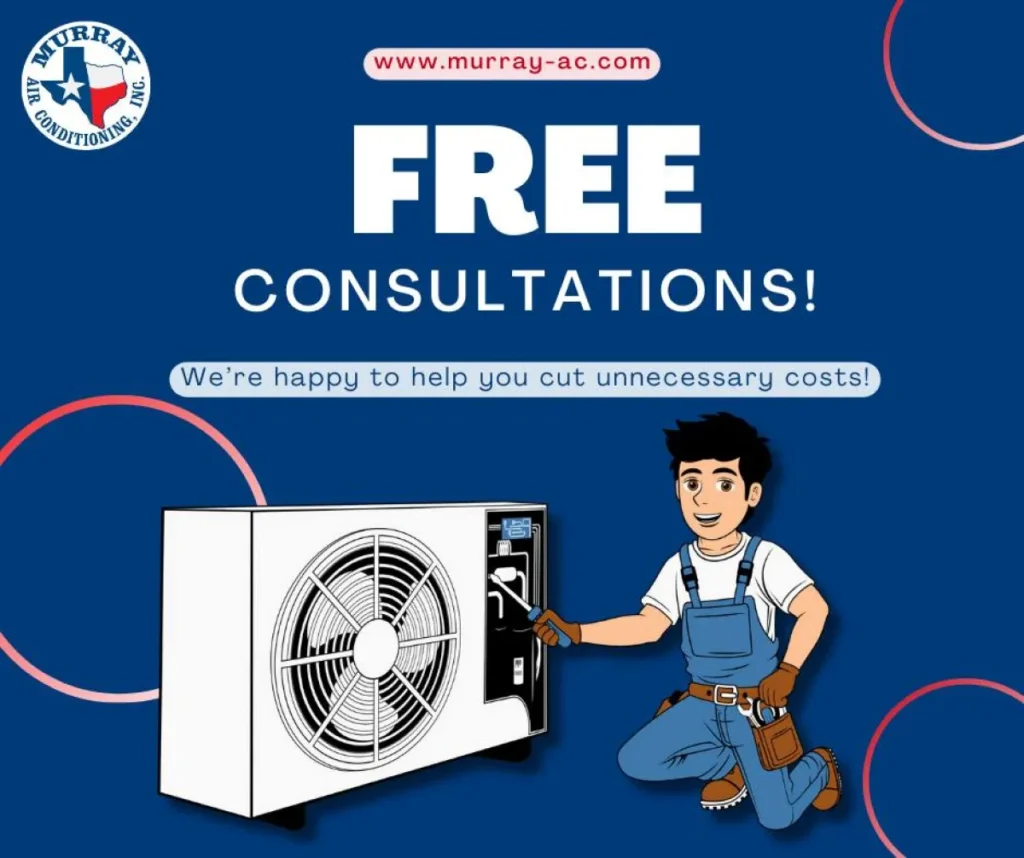
Signs of major AC problems
You’ll know it’s time to call a professional when you notice specific warning signs. Your AC might give off a burning smell or unusual odors that point to electrical problems needing immediate help. Strange noises like banging, clanking, or grinding sounds mean you have serious mechanical issues. Keep an eye out for these warning signs.
Emergency repair situations
The Texas sun makes some AC problems very urgent. When your AC completely stops working in high temperatures, it can be dangerous if you have elderly family members, young children, or pets at home. Water pooling around your unit needs quick professional attention because it can damage your home’s structure or lead to dangerous mold.
Murray Air Conditioning serves La Vernia, Floresville, and Greater San Antonio with certified technicians who respond quickly to emergencies. Our team has exceptional experience with AC repairs. We make sure your system gets the right care while maintaining its safety.
Preventing AC Breakdowns
Your best defense against unexpected AC breakdowns in Texas is proactive maintenance. A well maintained system will run great, cut down energy costs, and help your equipment last longer.
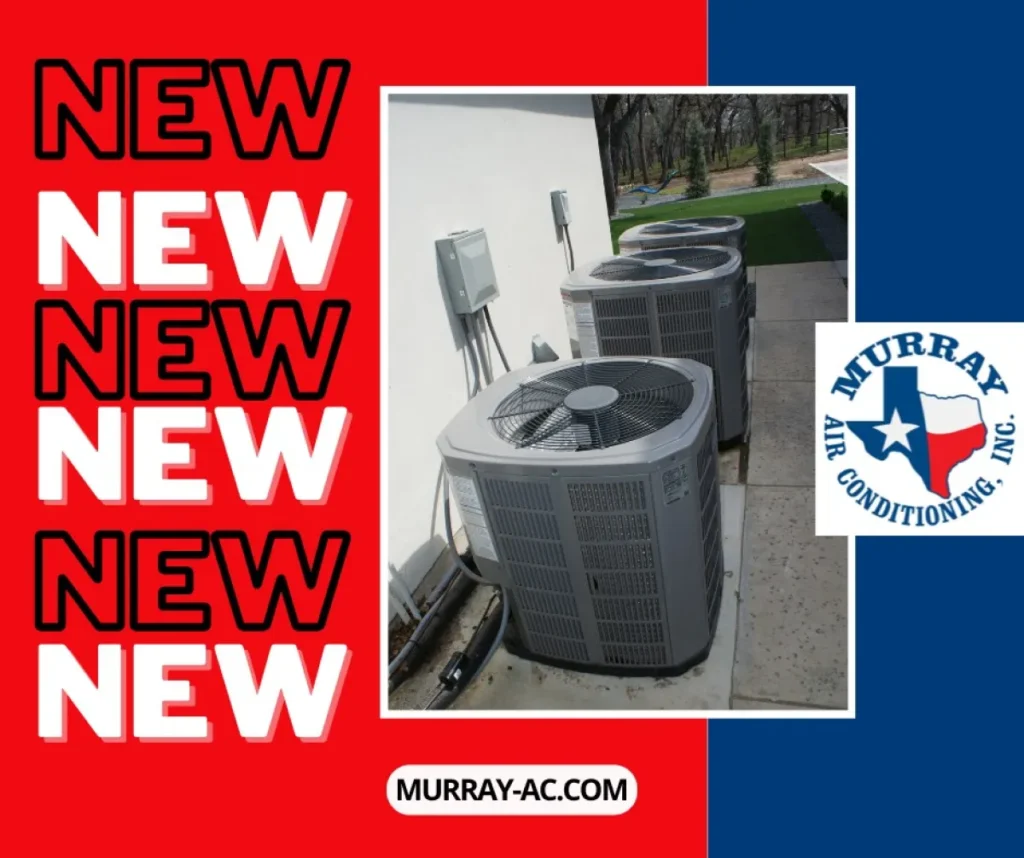
Regular HVAC maintenance schedule
Your system will perform at its best when you schedule HVAC inspections twice a year. You should replace or clean air filters every 1-3 months because dirty filters make your energy bills higher. Your outdoor condenser unit needs to stay clear of debris with at least two feet of space around all sides for good airflow.
Pre-summer HVAC tune-up checklist
A detailed spring tune-up needs these checks.
Inspect and tighten electrical connections
Lubricate all moving components
Clean evaporator and condenser coils
Check refrigerant levels and adjust as needed
Test system controls and starting cycles
Our professional technicians at Murray Air Conditioning really check these components to make sure your system runs good all summer. Our certified team provides maintenance services to La Vernia, Floresville, and Greater San Antonio.
Do You Need AC Repair Services in Texas?
Your AC needs to perform at its best during Texas summers to keep you safe and comfortable. You should watch for warning signs and take care of your system to avoid unexpected breakdowns in intense heat. A partnership with experienced HVAC professionals will give a maintained cooling system. Murray Air Conditioning’s certified technicians bring skills to every service call in the Greater San Antonio area. Call us today for reliable AC support that keeps your home cool all summer.
Texas AC Repair Tips FAQs
You should replace your air filter every 1-3 months, depending on factors such as pet ownership, home age, system usage, and local air quality.
Signs of a potential refrigerant leak include a sweetish smell similar to nail polish remover, higher utility bills, increased indoor humidity, longer cooling times, and hissing sounds from the system.
Yes, you can clean your outdoor AC unit yourself. First, turn off the power, remove debris around the unit, and ensure 2-3 feet of clearance. Clean the condenser fins by removing the fan cage, vacuuming interior debris, and gently spraying through the fins from inside out.
Call a professional if you notice burning smells, unusual odors, loud noises like banging or grinding, frequent circuit breaker trips, ice formation on evaporator coils, consistent temperature fluctuations, or sudden energy consumption spikes.
To prevent AC breakdowns, schedule bi-annual professional inspections, replace air filters regularly, keep the outdoor unit clear of debris, and maintain proper clearance around it.

